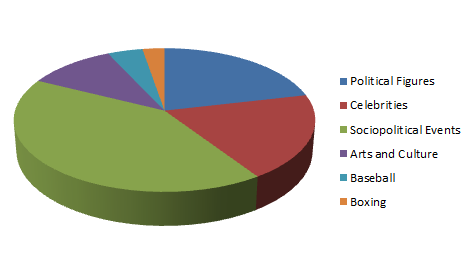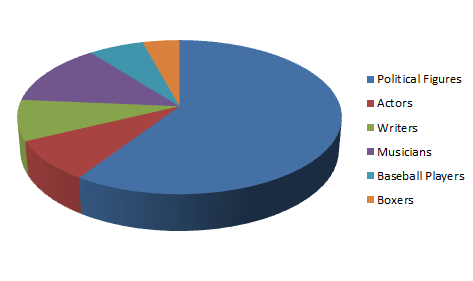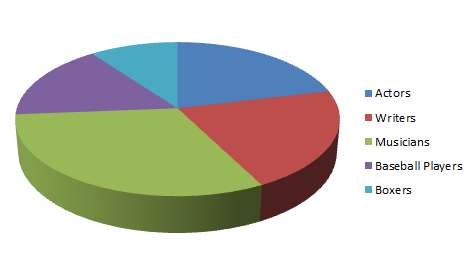We Didn’t Start The Fire is a fairly annoying song written by Billy Joel which I nonetheless listen to twice a week while running a nice bath because there’s something catchy about it. Same reason you keep having lunch with that hipster chick from work with the decent eyes.
The song was written by Joel when he was forty years old, and encapsulates the most significant events from the year of his birth in 1949, to the year he wrote it, 1989. Certainly this was among the most eventful periods in recorded history. Uptown Girl didn’t get a mention.
Narrowing down such a cataclysmic period of history to a mere 4 minutes is no easy task. In all, Joel mentions 118 people and events. It is unclear if he narrowed them down based on overall global significance, or personal significance. I doubt he thought about it much. He was drunk.
Regardless, his sense of what part baseball, particularly baseball teams from New York, played in the the world is warped. He mentions the Brooklyn Dodgers and New York Giants, or people who played for them, a whopping five (5) times in total.
That’s 4 percent of his total references. Believing two baseball teams contributed to 4 percent of the cultural zeitgeist during a period of time which saw the zenith of World War II, the proliferation of television, the Korean War, the genesis of the American civil rights movement, the assassination of JFK, the Watergate scandal, the independent state of Palestine, the AIDS epidemic, and various shifts in global communism is just mental.
I broke down all the people and events Joel mentions into five categories: Political Figures, Celebrities, Artistic and Cultural Developments and Events, Sociopolitical Events, Shit About Baseball, and Shit About Boxing.
This isn’t an exact science. For example, Albert Einstein was a celebrity, but his contributions to various scientific fields also constitutes a major Cultural Development because of his wide influence. After some careful analysis I realized nobody gives a shit and used my best judgement, although I am still writing this.
The breakdown is as follows (All the references are explained here):
Political Figures: Joel mentions 24 political figures accounting for 20 percent of his his references.
Celebrities: These are celebrities, differentiated from the above figures because their contributions or detractions were primarily artistic in nature: Joel mentions 15 artists and entertainers, accounting for 18 percent of his references:
Artistic and Cultural Developments: Joel mentions 12 examples of art and entertainment, comprised of books, plays, TV shows and movies, which account for 10 percent of everything that mattered between 1949 and 1989:
Sociopolitical Events: Joel references 46 events which helped shape world history and account for 39 percent of everything he mentions in the song.
Baseball: As mentioned above, Joel’s 5 references to the Brooklyn Dodgers and Giants constitute 4 percent of the most significant period in world history, according to Joel. They are: “Joe Dimaggio… Capanella… Brooklyn’s got a winning team… Mickey Mantle… California baseball.” These are listed among events such as the H-Bomb and the JFK assassination. What did Mickey Mantle do again besides smile and hit balls?
Boxing: Joel’s 3 boxing references make up 2.5 percent of what was important between the end of the 1940’s and 1990’s: “Sugar Ray… Marciano… Liston beats Patterson.”
As you can see Joel puts forth an east coast based world view which leads to a strong bias in thinking baseball was somehow important. I don’t believe he is mentioning baseball because of its cultural or historical significance. Hence he left out Jackie Robinson. I think he just likes baseball and assumes everyone else likes baseball too. If we exclude world events, and only look at the individuals Joel mentions in his song, the chart looks like this:
As you can see, Joel is giving baseball, although only two teams from New York, roughly as much shine as all of literature during this time. If we remove the political figures from the list and simply focus on arts and entertainment, we can see to a further extent how obsessed Joel is with New York baseball teams:
Baseball never ushered in a revolution like Woodstock. It never changed the way people thought, like great movies, books, or plays. Besides baseball and boxing, Joel doesn’t mention any other sport. Michael Jordan and John Unitas fit into this time period. Yet, no love.. This chart breaks down how Joel distributes his sports references:
This song exemplifies why people not from New York often times find people from New York annoying. In short, nobody cares about baseball or your stupid pizza. The cultural identity of your city isn’t better than most other American cities, although New Yorkers more or less think as much. And there’s a lot of them. It’s more or less called pandering. If you met a bunch of dudes from Tucson and five percent of what they talked about was the Arizona Diamondbacks you’d never hang out with them. Then they’d start talking about how you can’t find a decent queso around here and you’d tell them they need to branch out.
There’s a civil war in Syria. The U.S. is ordering drone strikes in Yemen. Our troops are still in Iraq. The banks are tanking our economy. I’d say the average American talks about football roughly a thousand times as any of those events.
We need to get a clear grasp of our place in the world, and the games we think are fun to watch while we drink beer. The earth is dying. Baseball is dying. Boxing is dead. Let’s get a grip.





This is awesome. Nice work.
Thanks!
This article is on 14 spot in google’s search results,
if you want more visitors, you should build more backlinks to your content, there is one trick to get free, hidden backlinks from authority forums,
search on youtube; how to get hidden backlinks from forums